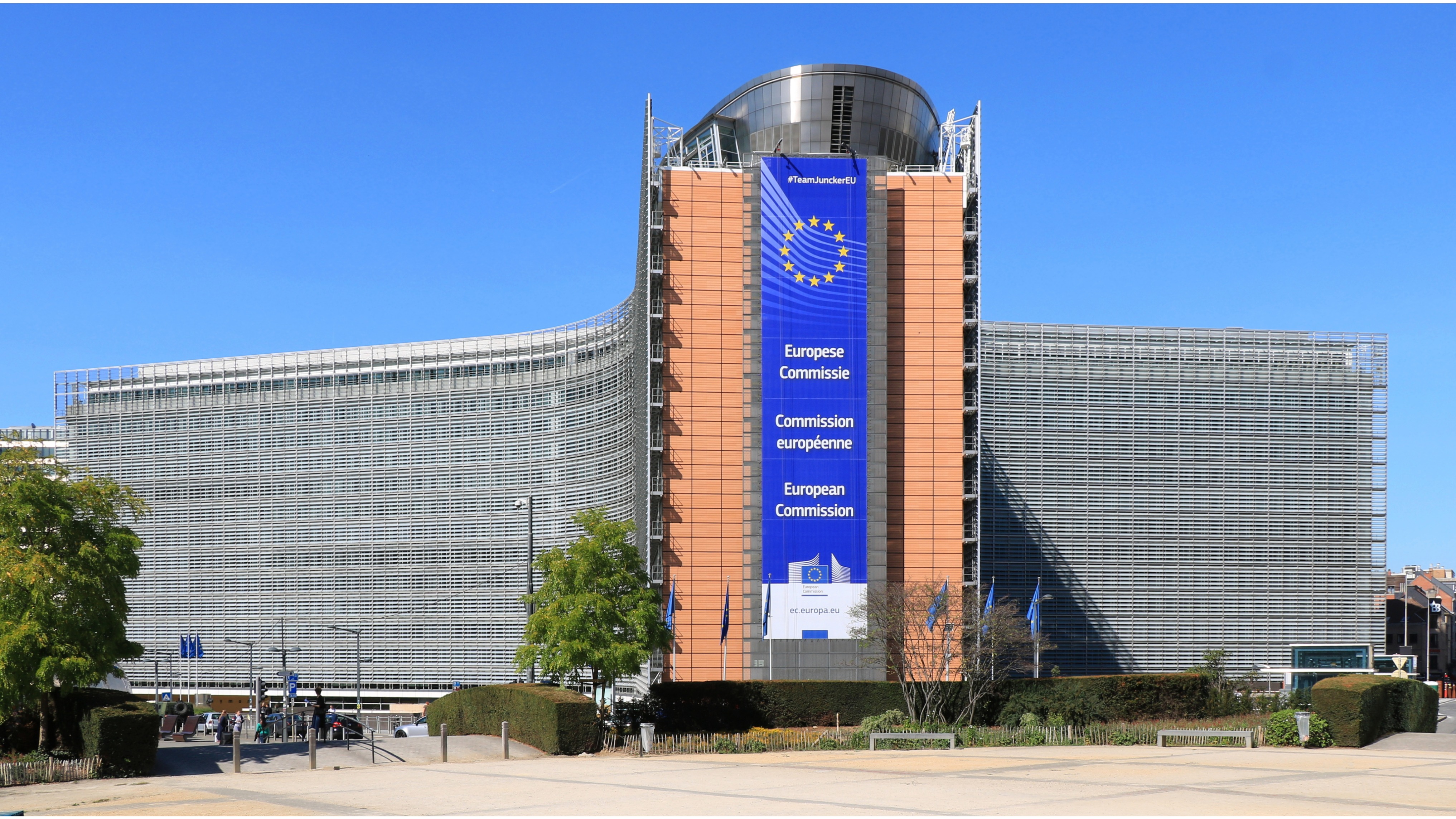Airbus Group and Dassault Systèmes, together with more than 90 European technology companies and industry groups, have reportedly urged European Commission President Ursula vor der Leyen to set up a sovereign wealth infrastructure fund to reduce dependence on foreign external operators and stimulate domestic growth.
In a joint letter published on 14 March, the coalition called on Europe to maintain strategic autonomy in critical sectors and increase public investment in cutting-edge technologies, including artificial intelligence (AI) and semiconductors.
"Europe needs to recover the initiative, and become more technologically independent across all layers of its critical digital infrastructure, from logical infrastructure - applications, platforms, media, AI frameworks and models - to physical infrastructure - chips, computing, storage and connectivity," they said in the letter, as reported by Reuters.
The letter, which was also addressed to EU chief technology officer Henna Virkkunen, was also signed by French cloud service provider OVH Cloud, the European Software Institute, the European Startup Network, the German Association for Artificial Intelligence, the Amsterdam Internet Exchange (AMS-IX) and French public investment bank BPI France.
The group added that Europe's current external dependencies represent a threat to its security, sovereignty and economic growth.
"Europe's current multiple dependencies create security and reliability risks, compromise our sovereignty and hurt our growth," wrote the tech firms.
In the letter, the coalition also suggested that Europe should introduce a “European buy” policy in tenders to spur demand and encourage domestic investments.
"The aim is not to exclude non-European players, but to create space where European suppliers can legitimately compete (and justify investment)," it said.
The initiative comes in light of recent policy trends overseas, with the US Inflation Reduction Act, which favours US domestic production. It has raised concerns in Europe about potential trade barriers and diversion of investment from European industries.
The Act also focuses on clean energy and industrial policy, driving competitive pressure for Europe to boost green investments and industrial capacities.
Europe has been increasingly investing in energy independence and sustainability to reduce dependence on external sources, particularly in light of geopolitical tensions.
In February, the European Commission announced the allocation of more than €100 billion to support clean production in the EU as part of a new Clean Industrial Deal.
The deal aims to accelerate decarbonisation and ensure the competitiveness and resilience of Europe's energy-intensive industries such as steel, metals and chemicals, as well as the clean technology sector.
The EU's Critical Materials Act and Zero Emission Industry Act also aim to strengthen Europe's industrial and environmental resilience in strategic sectors such as renewable energy, digital technologies, aerospace and defence, reducing dependence on suppliers from one country through import diversification and boosting national supply chains.
Latest News
-
Indra wins TfL contract to run London ticketing systems
-
Japan ‘launches government probe’ into Grok
-
Social media sites stop access to 4.7m under-16 accounts in Australia
-
Government announces £52m funding to support British robotics and defence tech firms
-
Swift to launch blockchain-based shared ledger after successful digital asset pilot
-
AWS launches European sovereign cloud service
The future-ready CFO: Driving strategic growth and innovation
This National Technology News webinar sponsored by Sage will explore how CFOs can leverage their unique blend of financial acumen, technological savvy, and strategic mindset to foster cross-functional collaboration and shape overall company direction. Attendees will gain insights into breaking down operational silos, aligning goals across departments like IT, operations, HR, and marketing, and utilising technology to enable real-time data sharing and visibility.
The corporate roadmap to payment excellence: Keeping pace with emerging trends to maximise growth opportunities
In today's rapidly evolving finance and accounting landscape, one of the biggest challenges organisations face is attracting and retaining top talent. As automation and AI revolutionise the profession, finance teams require new skillsets centred on analysis, collaboration, and strategic thinking to drive sustainable competitive advantage.
© 2019 Perspective Publishing Privacy & Cookies



.jpg)
.jpg)




Recent Stories